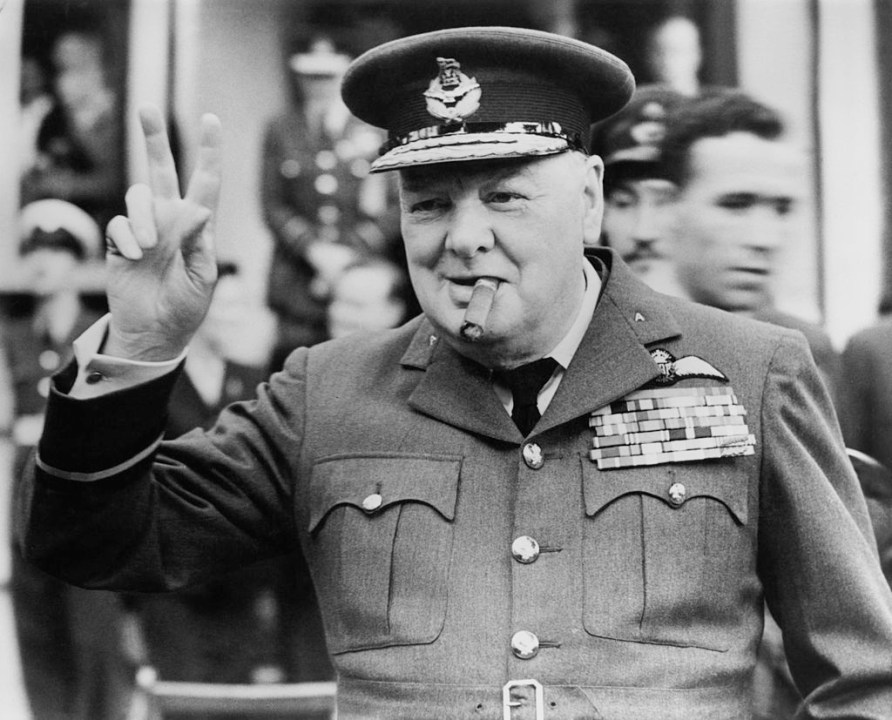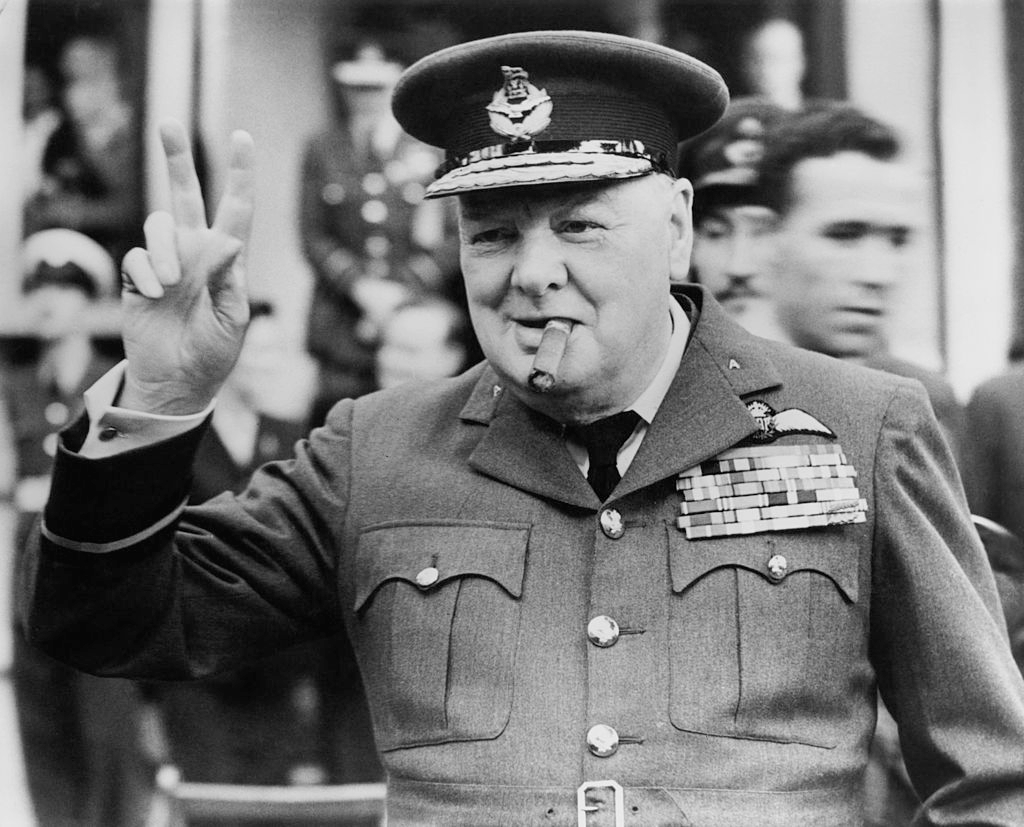Despite his carefully-crafted bumbling image, Boris Johnson is anything but daft. When vying to replace the apparently rootless Tory moderniser David Cameron as Conservative party leader he knew what to do: write a book praising Winston Churchill. 95 per cent of Conservative members regard the wartime Prime Minster favourably.
Johnson lost out to Theresa May in 2016 thanks to Michael Gove’s treachery. But during the Brexit referendum campaign he returned to familiar territory by drawing lurid parallels between the European Union and Nazi Germany, if only to imply that by leading the Leave campaign he was our modern-day Churchill. And when the Conservative leadership become vacant again last year he assiduously if subtly associated himself with the wartime leader.
Despite his early membership of the Liberal party there is something of a Churchill cult within Conservative ranks. As Johnson says in his biography, Churchill is regarded as almost a deity by Tories. In 1969 Oscar Nemon’s statue of Churchill, located in the Members’ Lobby of Parliament, was unveiled. Just over three decades later the foot was found to have been almost rubbed away due to Conservative MPs rubbing it for luck before entering the Commons Chamber. Churchill’s imposing statue in Parliament Square was also commissioned by the Conservative MP John Tilney and colleagues to ensure the wartime leader’s ‘grit and greatness’ was on permanent public display.
It is also no coincidence that our current leading Churchillophile, the historian Andrew Roberts, is a committed Conservative. Roberts has also not been afraid to boost Johnson’s Churchillian credentials and has even suggested the Prime Minister’s leadership of the country during the Covid crisis was inspired by Churchill’s spirit of 1940.
While such comparisons might be catnip to Conservatives there are some dangers in this approach. Although Churchill’s popularity is not confined to his former party, for an increasing number of younger Britons he means little or nothing. If they recognise him at all, many believe he was a fictional character. Indeed, Johnson claimed he wrote The Churchill Factor to remind young people of how his hero ‘saved our civilisation’. In this, Johnson is acting more like Canute than any other historical figure: for time waits for no one, even Churchill. His statues might still be the subject of veneration – as they were intended to be – but over the last few years his Parliament Square likeness has been urinated on by protestors, and in 2000 James Matthews, a 25 years-old former soldier sprayed it with red paint. Matthews justified his iconoclasm by explaining that Churchill ‘was an often irrational, sometimes vainglorious leader whose impetuosity, egotism and bigotry on occasion cost many lives unnecessarily and caused much suffering that was needless and unjustified’.
Even if such views remain in the minority, there is another and more immediate danger. By comparing himself to Churchill, Johnson has set himself a very high bar. When he determined Britain would fight on in 1940 Churchill took an unparalleled risk: in many ways the safest course was to sue for peace with Germany. As it turned out he got lucky, and on a heroic scale – thanks to the efforts of the British people and American resources. In locking down Britain later than other countries and potentially easing it while death rates remain stubbornly high, Johnson is making another kind of gamble. But if he fails – and more Britons die as a result – comparisons will be made with Churchill, to his fatal disadvantage.
Steven Fielding is the author with Bill Schwarz and Richard Toye of The Churchill Myths (Oxford University Press, August 2020).







Comments